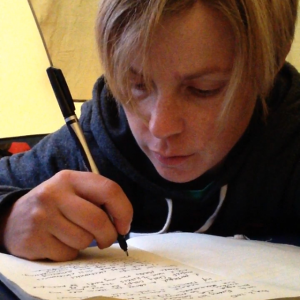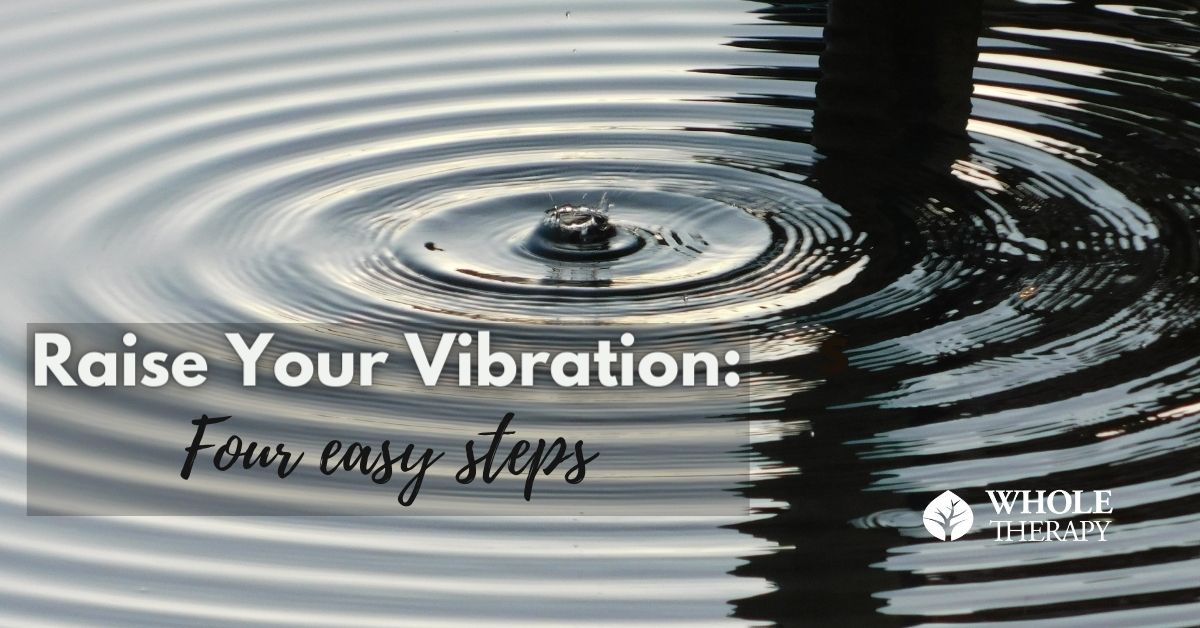Learning from Acorns – Jen’s Journey
Husband Jamie and I took the kids wilderness camping at Algonquin Park a few weekends ago; it was their first time, and they loved it.

When camping, one has a singular purpose: to survive. There’s no luxury to camping in the wilderness, save for a decadent square of dark chocolate at the end of the evening, or a luxuriously dry pair of socks when your body is damp to the bone.
We pushed on, canoed until our arms and shoulders ached, carried our canoes and packs on our tired backs, found a place to rest, set up camp and made food to fuel us. We slept when it darkened. Then we woke up and did it again. In between, we swam and laughed, interacted with each other (without the distraction of electronic devices), made up stories, sang songs, and observed the wonder of nature. It was amazing.

The rhythm of camping and portaging is simple, satisfying. I felt better about myself camping (dirty, calloused and aching) than usual, and I didn’t touch a phone or look into a mirror in over 72 hours.
That’s not an accident.
I was able to really feel my body on our trip. I felt the strength in my legs and back as I hefted my 65-pound pack (and added Little One’s pack to it as well, when she tired). I felt my hunger rise up as we finished setting up tents: a natural reminder to eat for fuel rather than out of habit or boredom. And I sank into sleep each night, sardined in with Middle and Oldest, I felt heavy and worked, and grateful to be lying down, and even though a thermarest is hardly a plush mattress, I slept like the dead.
If only life were so simple, I thought as we travelled – a clear purpose, a drive and need to succeed.

But life is so many shades of camping – not quite urgent, or so much more so, not quite survival, but living “to the fullest” – whatever that means.
Everything in nature does its best to adapt. Not like humans, who try and shape the world around us to fit our own needs. In nature, even an acorn blown by mistake to the edge of a cliff will grow sideways and thrive as it reaches for the sun.

In this way, the simplicity of the wild is so much more advanced than our technologically brilliant society; we, in the acorn’s position, would look for a better, more advantageous spot to grow, and though we may grow straighter, taller, we would miss out on that amazing view. Not to mention, we would miss finding out what we are made of.
I thought about that acorn, and survival, a lot on our trip. Obviously we were close enough to civilization that most emergencies could be easily rectified. But most of our creature comforts were taken away: no couch to laze on. No phone to surf Facebook. No coffee maker, no takeout, nothing quick. If I wanted a meal I had to work for it. If I wanted to be entertained I had to use my imagination.

There was no passivity, no boredom. Only a deep sense of appreciation for the skills and strength I possess, my family, and all the beauty nature has to offer.
And now that we’re home, and continuing our journey here, I’m more than content with some wine, some good conversation, and a sunset. More rolling with the punches, less trying to shape the world to my whims.
I want to see the view from the side of the cliff.



